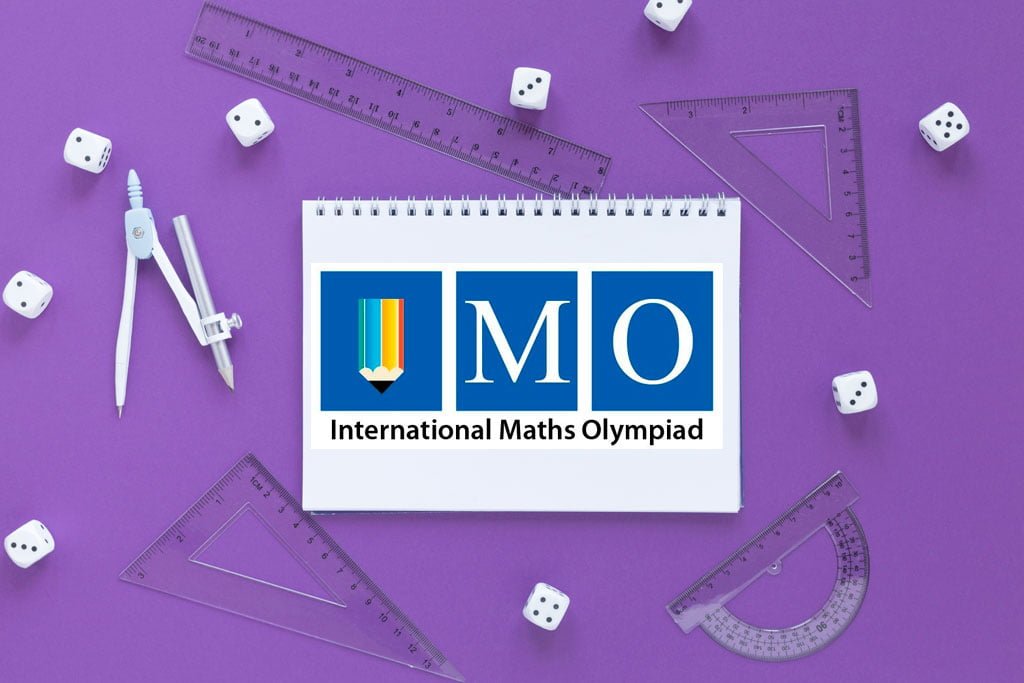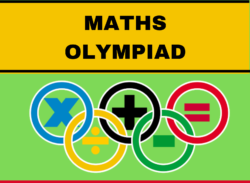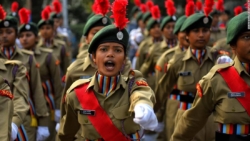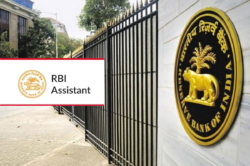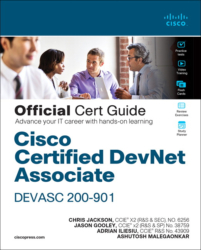International Mathematical Olympiad is an acronym for International Mathematical Olympiad. It is known as the world championship mathematics tournament and is aimed at high school students. Every year, just like any other competitive exam, it takes place. Once you understand all of the principles and solutions to each problem, one may prepare for IMO. Take the mock tests and solve as many example papers as one can after one has prepared the mathematical ideas and solutions. As many question papers from past years as one can.
Keep up with the changes in the examination syllabus that occur every year. Make the most of their cell phones, internet access, and other resources offered by the parents and the school.
Not only for this but for any competitive Maths exam of this magnitude, getting an early start is essential. We’re not simply talking about getting up early in the morning; we’re talking about starting to study at least two months ahead of time. This can enable you to plan a schedule that isn’t overloaded with back-to-back studying throughout the day. One will be able to take plenty of breaks and set aside a significant amount of time for revisions and mock testing. It’s important to remember that the Maths Olympiad Exam is taken by millions of students all around the world. This is a sign that the questions will be more difficult than they are used to. As a result, you’ll need plenty of time to go into each subject.
- Because the tutor will play such an important role in your learning, make sure that you choose someone who is qualified and comfortable with them. Sign up for online tutoring if they can’t locate a good IMO tutor near your home. It not only provides users with simple access to a larger pool of well-known tutors, but it also alleviates the burden of travel.
- Go over the IMO curriculum numerous times and gather all of the materials one will need to prepare. Make a call to a few friends who are taking the same test to make sure you haven’t forgotten anything important from the syllabus. There are also reputable internet sites that can conduct the necessary research and deliver the full course in an easy-to-understand format.
- The importance of revision in preparation for the Maths Olympiad cannot be overstated. Take notes or make cue cards for one as they learn. When users begin revising, the pointers in your notes will aid you in refreshing your memory of what they have studied. Another technique to review what they have learned is to use cue cards. They don’t have to be as detailed as the notes, but they should include enough information to help students recall things if one gets confused. However, keep in mind that these adjustments are merely markers of overall development. If users find oneself going back to these notes too often, go back to the books and concentrate on those themes for a bit.
- Set aside time in the calendar to go over sample papers and tackle the questions. Arrange some mock tests to assist you evaluate your progress. One will only improve if you practice, practice, and practice some more. Smart studying, on the other hand, is just as vital as rigorous studying. Look for patterns in the sample papers and make the most of them. Also, rather than taking the long route that leads to multiple pages of mathematics, try to identify easier approaches to solve problems. Sample paper such as IMO Sample Paper 1 Class 8 also helps the candidate.
- It’s critical to recognize your strengths and shortcomings. If particular topics are more challenging for him, devote extra time to them. Students frequently get afraid of issues with which they are unfamiliar and treat them with dislike. Love thy enemy is the best approach to take here.
- Choose a peaceful study location to avoid being distracted by household activities. Make that space into the ideal study den by adding sufficient lighting, ventilation, and all of the necessary study supplies. One may also use words and posters of people who motivate them to keep moving forward to decorate the space. Inspire one foolish person because it has the power to pull people out of the deepest abyss.
- It’s also important to get out of the lair and take a break from studying on a regular basis. This is critical since it is easy to burn out. While it may not be obvious from the outside, internal burnout is a common occurrence in such scenarios. Not only will a schedule of regular exercise, healthy eating, and periodic breaks help them to avoid burnout, but it will also help anyone concentrate and focus better. During the breaks, avoid talking to friends who are also studying for the exam, and avoid engaging in compulsive activities such as video games or marathons or TV shows. It’s natural to get carried away with these enjoyable activities and hence deviate from the established routine.
- The most crucial aspect is to not only be academically prepared, but also to have the correct mentality. An upbeat attitude will fuel your desire to succeed. However, keeping that fire confined under a thin layer of genuine behavior is also vital. At the IMO level, problem solving necessitates a different attitude. Allow oneself time to develop a deadly mentality.
- The day before the Maths Olympiad will be the most difficult since the tension will be released. Accept that they are tense, but don’t get too worked up about it. There are two reasons why one should manage their stress. To begin with, the stress will cause people to forget what one has learned. Second, stress has the potential to cause a breakdown. Do not allow your fear to sabotage all of the hard work. So, do whatever it takes to keep oneself in check and avoid cramming any additional studying into the next 24 hours. Simply review essential topics that they know will arise in the IMO with the cue cards.
Conclusion: Preparing for the International Mathematical Olympiad is more of an experience than a result. Acceptance of the situation as an experience, combined with a dash of realistic behavior, will lessen the severity of the result. To be a winner, some of the greatest leaders we admire today didn’t need a degree. Winners are the result of learning experiences. Study hard, keep a positive attitude, and believe that no matter what, that has what it takes to be a winner.
